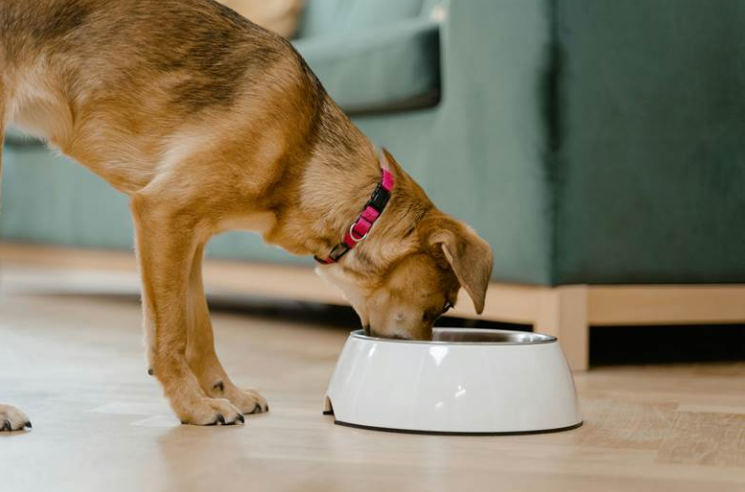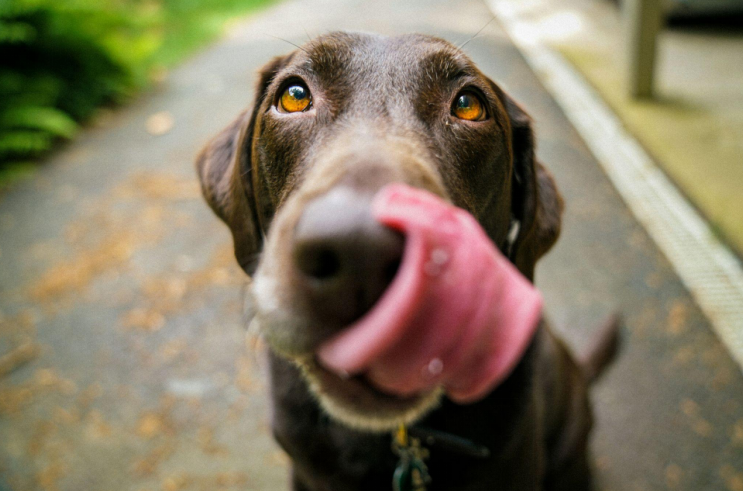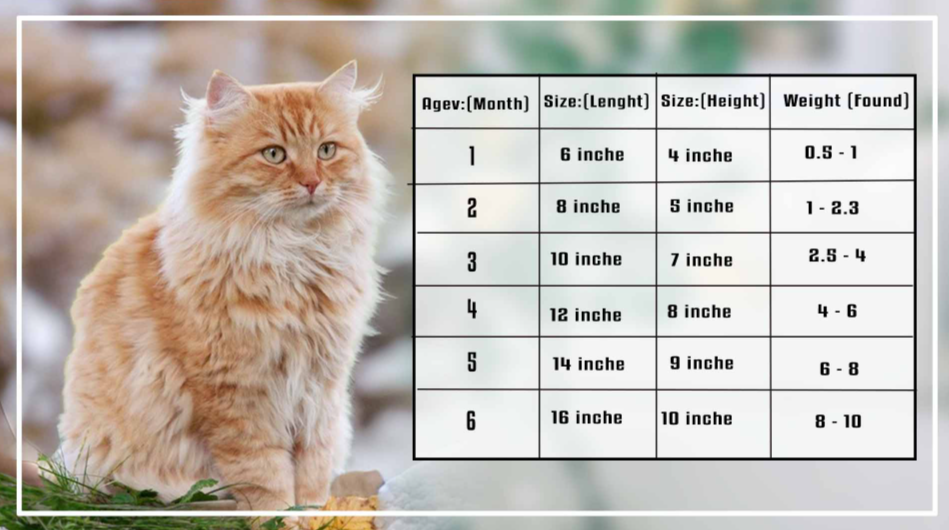Oct 11, 2025
Author:Lisa Martinez
Avocados are a popular and healthy fruit for humans, but as a dog owner, you almost always hear the caveats - can dogs eat avocado, or will it cause them to be sick? The answer is not a simple yes or no answer. It requires closer examination of the fruit's parts and risks to our furry companions.
The purpose of this guide is to clarify the relationship between dogs and avocados, so that pet parents will have a helpful resource for any concerns. We will examine the specific compounds found in avocados, particularly how they affect dogs.
We'll also look at the different parts of the avocado, including the flesh, pit, and skin. By the end of this article, you'll have a better understanding of whether avocado is safe for dogs and how to offer it responsibly, if at all.

The primary issue with avocados and dogs is due to avocados containing a fungicidal toxicant called Persin. Persin swells in the avocado fruit, the pit, the peel, and the leaves of the avocado plant.
In large amounts, Persin is toxic, or at least can cause disease (vomiting, diarrhea, and negative heart function) in several animal species, including birds, horses, and cows.
Dogs appear to have some tolerance to Persin. To say that even though Persin is not an entirely harmless substance, small amounts of avocado flesh will probably not cause significant cases of poisoning in either smaller or larger dogs.
So, if your dog goes out to the patio and avoids the outside food and snatches off a small piece of avocado off the patio floor, probably no need for too much concern.
While the flesh in moderation may not be outright poisonous or toxic, there are serious risks associated with eating another part of the avocado:
Probably the most hazardous component. The pit is large and smooth, and it represents a very serious choking hazard to smaller dogs. Swallowing it could also cause an intestinal blockage, which (again) is life-threatening and will often require emergency surgery. The pit will also have a greater concentration of Persin.
The avocado skin and leaves contain more Persin than the flesh (meat) or pit, and could be more troublesome if eaten in larger amounts than just a bite or two. The skin could cause digestive issues for your dog and could cause an upset stomach.
Even with these concerns, avocado does have some good nutritional benefits for your dog, if it is appropriately fed and in very small quantities. Avocado is a good source of:
● Healthy Fat: Monounsaturated fat may be beneficial to the skin and coat health of dogs.
● Minerals: Potassium and Folate
● Fiber: Helps with digestion
Some commercial dog food and dog treats include avocado oil or small amounts of avocado meal. This is possible because the processing will take out the components of the avocado that can be harmful to dogs while still allowing for the nutritional benefits to be added safely.
Considering the potential risks and the existence of many other, healthier, nutrient-rich alternatives for dogs, feeding avocado to dogs is not something you generally want to intentionally do.
A very tiny piece of avocado, without anything else on it, is probably not harmful to your dog, but the risk of tummy upset, the safety of the pit, or possible obstruction is not worth it.
If you're interested in offering your dog healthy fats and vitamins, other options exist that are good for your dog and safer:
● Fish oil contains omega-3 fatty acids, which have benefits for skin, coat, and joints. You can often find good fish oil supplements for dogs that suit your needs.
● A small number of cooked salmon or sardines: These are great sources of omega-3s.
● Flaxseed: A good source of omega-3s (generally ground).
● Some fruits and vegetables: Carrots, blueberries, green beans, and apples (without seeds) are safe and healthy treats.
For foods that dogs can eat and other information about safe treatments, check out our blog.
If your dog has consumed avocado, here is what to do:
Firstly, figure out exactly what part and how much they ingested. You will want to report to your veterinarian about how large a piece and how many ounces they ate.
Look for any gastrointestinal upset - vomiting, diarrhea, lethargy, or lack of appetite. If your dog ate only a small piece without the pit or the skin, your dog should be fine.
On the other hand, if your dog has eaten skin, pit, or a large quantity of avocado, then you should call your veterinarian! Depending on how much your dog has eaten, most veterinarians will be able to assist you.
Every dog is different, and some dogs are less tolerant of some foods than others! Better to be safe!

It is very important for our puppy to have a proper and balanced diet, as it is very important for the dog's health and happiness. It is tempting to think about feeding your puppy human foods, but do check that the foods are proper and safe.
A quality dog feeder should be used, feeding the dog at set times regularly. The routine is part of the dog's adaptability and is important for digestion and health.
With your dog treats, it's never that bad to go with dog treats or human food you know will be safe; this limits negative health issues as well as ensures your dog receives balanced nutrients and limits extra calories, possible bad ingredients, etc.
Although the flesh of an avocado is not as dangerous for dogs as it is for some other Persin-containing animals, and there is also the choke and obstruction possibility from the pit, there are so many other safe treatments and supplements you can give to your dog. It is safer to consider your dog's safety and well-being when treating or giving supplements.
A: The fruit of the avocado has some nutritional value; however, Persin and the risk of choking on the pit are probably more than the benefits. There are safe, healthy alternatives for your dog to eat.
A: Usually, there are no signs if the dog eats a small amount of fruit, or if there are, they would be mild GI upset (vomiting or diarrhea).
When a dog consumes the pit, there is a risk of choking, and in the worst case, lethal intestinal blockage can result. When a dog consumes large quantities of skin or leaves, the dog will show exaggerated symptoms of Persin poisoning.
A: Avocado oil is generally safe for dogs to eat in small amounts; most likely, the Persin is still in the skin/leaves in the process. As with other oils, watch out for calories, and do not feed too much oil - it is high in calories. Ask your veterinarian for their opinion before you provide any type of new oil!
A: No! Guacamole generally has presumably harmful or toxic ingredients for dogs or other pets- avocado is probably safe for dogs, but guacamole is made with onions, garlic, and salt. Possibly even chili. Guacamole is not for dogs.
A: There is no toxic dose of avocado. Dogs tolerate Persin. We would not recommend giving dogs avocado; however, avocado pits do pose a choking/obstruction hazard.
Label:
Popular Post

What to Feed a Sick Dog With No Appetite? [2025 Guide]
May 16, 2023

Troubleshooting Common Issues with Automatic Pet Feeders: Tips & Tricks for Pet Owners
Oct 26, 2023

What is a standard Cat Weight chart by age Kg?
Mar 19, 2025

Why Does My Cat Cough After Drinking Water? 8 Potential Reasons
Mar 13, 2023

Why is My Cat Throwing up Water? Top 5 Causes Here
Feb 08, 2023
$109.99
$129.99
Copyright © 2025 WOPET. All Rights Reserved.